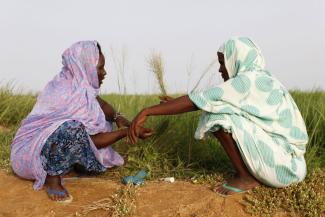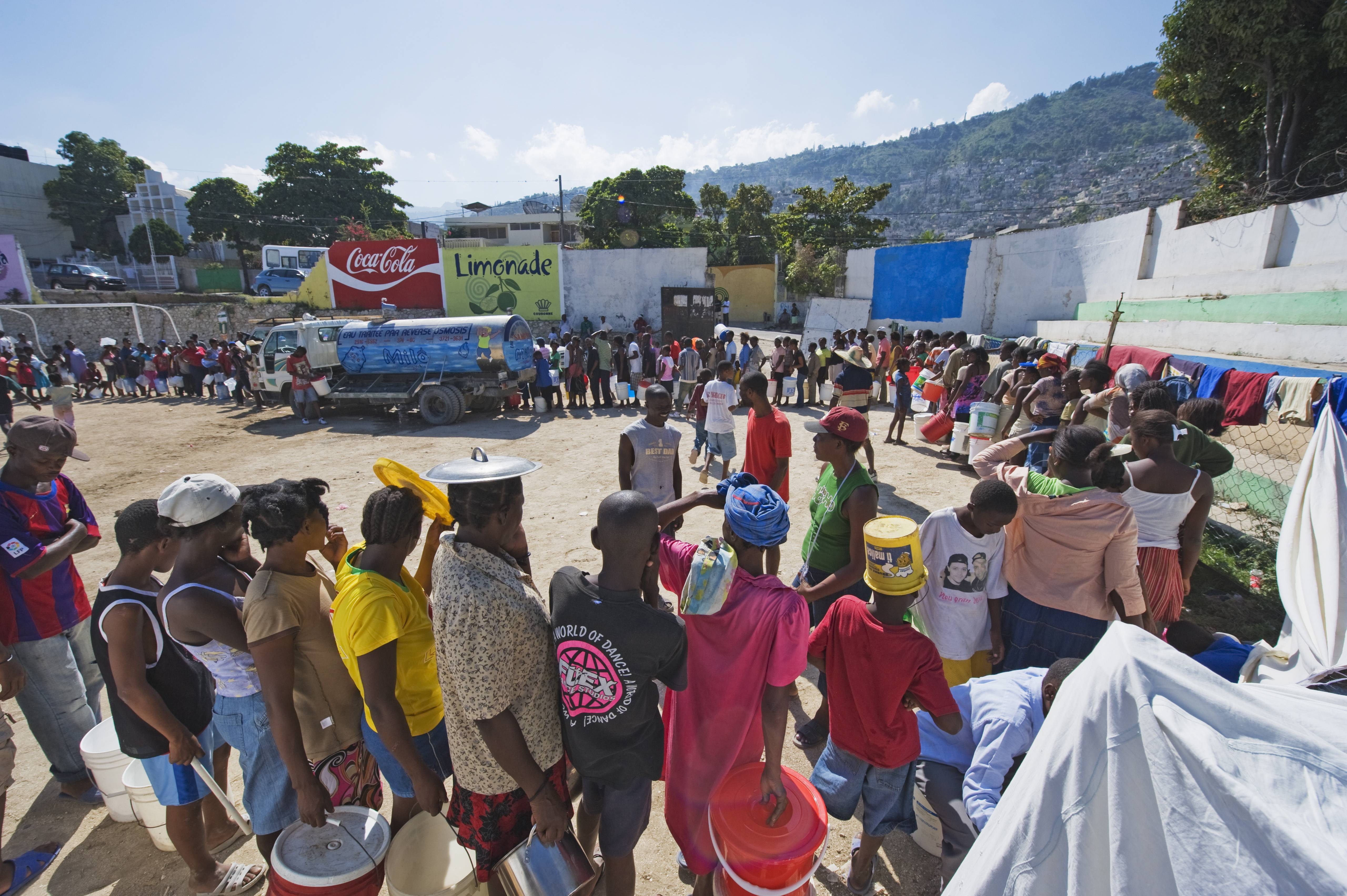World Bank
Good enough governance

The topic of this WDR is governance and the rule of law. It wants governance to be geared to development, which it does not define in economic terms but as “the removal of various types of unfreedoms”, referring to Amartya Sen, the Nobel laureate. The report then goes on to state the objectives of development as minimising the threat of violence (security), promoting prosperity (growth) and ensuring that the prosperity is shared (equity). Moreover, sustainability for future generations must be ensured.
The WDR points out that policies that should lead to positive development are often either not adopted at all or poorly implemented, and may even end up backfiring over time. Its guiding question is why this is so – and points out that this is an issue of governance, which the WDR defines as the process through which state and non-state actors interact to design and implement policies. They all act within a given set of formal and informal rules that shape power – but are also shaped by power.
To gear governance towards development, the WDR makes a passionate case against the “best practice” approach, arguing that “best fit” is more important. Adopting an implementable second-best policy is preferable to a seemingly perfect, but un-implementable one. The WDR argues that three principles should guide attempts to improve governance:
- distinguishing the forms of institutions from their functions,
- building capacities in ways that reduce power asymmetries, and
- focusing not only on the rule of law, but just as much on the role of law.
For two decades, the World Bank has been calling for “good governance”. This was basically a “best practice” approach. Critics pointed out, however that the list of normative requirements was long and apparently unrealistic. Instead, the World Bank is now focusing on “good enough” governance. The first principle means that results matter more than the perfect institutional design.
It is noteworthy that the World Bank considers power asymmetries in the context of capacity building. In the past, it promoted technocratic solutions that were seemingly beyond politics and supposedly transcended power relations. By contrast, the WDR now admits that policies may be ineffective simply because groups with enough bargaining power oppose them. They may even fail when such groups merely lack incentives to cooperate. The second principle thus is about these issues being considered when investments in capacity building are made.
The third principle is to focus on the role of law, which is to settle conflicts peacefully in accordance with norms that society generally appreciates. Such norms develop historically, with legitimacy depending on people’s acceptance and their sense of justice. The rule of law thus results from a home-grown process of contestation that shapes societies. Such processes can take a very long time, according to the WDR.
The three “cos”
As stated above, governance for development means that policymaking reduces “unfreedoms”. According to the WDR, commitment, coordination and cooperation are essential prerequisites of effective policymaking. Apart from government institutions, a wide range of interest groups have roles to play in governance. For example, various non-governmental organisations, including business associations or faith-based institutions, have a bearing on governance.
The success of development policies depends on three “cos”:
- Commitment can ensure that policies are consistent and continuous over time.
- Coordination implies that diverse beliefs and preferences are aligned.
- Cooperation means that compliance is voluntary and no freeriding occurs.
In real life, none of the three can be taken for granted however, and if one or more are faulty, the result is policy failure. According to the WDR, it is essential to identify the functional problem in such cases. On that basis, the authors recommend, policymakers can find solutions. To better gear governance to development, they can take several approaches:
- the policy arena can be made more “contestable” by involving additional interest groups in decision making,
- parties can be given incentives to cooperate, and
- actors can appeal to people’s preferences and beliefs.
The WDR wants systems of governance to become more contestable in the sense of all people concerned and affected becoming involved in the policy process. In any given country, power is typically distributed according to some kind of elite bargain that safeguards the status quo. Citizen engagement can challenge and change that constellation. International interventions can help to make that happen. Donor agencies, in other words, do not have an unpolitical role. They should design interventions in ways that lead to development results.
Governance for development ultimately depends on all parties being empowered to express their interests and exert influence. The more interest groups are involved, the better policies will reflect their needs, and, as a result, cooperation will become more likely. Incentives can help to commit actors to policy compromises and facilitate effective implementation. Finally, participants’ preferences and beliefs matter in terms of shaping decisions.
On this basis, reforms can be agreed and implemented. They can concern specific laws, programmes or organisations. They can also lead to adopting entirely new rules. Not only the drafting of laws benefits from broad-based participation, policy implementation and the management of state agencies improve too.
As policy processes are complex and involve many parties, prudent policymakers must anticipate opposition. They must also assess reforms’ unintended consequences. The important thing is to achieve consensus or compromise concerning policy goals and then find ways to make those goals come true.
Historically, the World Bank basically equated development with economic growth, but that stance has become untenable. The WDR 2017 shows that politics matter because politics shape policies. It is most welcome, moreover, that the World Bank is now looking for “best fit” instead of promoting “best practice” with the implication of one size fitting all. The WDR thus shows that the bank appreciates the ownership of the developing countries rather than proposing technocratic blue prints.
Lingering ambiguity
Nonetheless, a sense of ambiguity persists. On the one hand, the WDR points out that the quality of governance and the rule of law depend on people’s acceptance, but on the other hand, it wants international partners to have a bearing on making the policy arena more “contestable”. The irony of the matter is that while human rights were conceived as universal principles, they cannot be taken for granted everywhere.
Rural communities who live according to tradition in developing countries, for example, mostly do not have notions of men and women having equal rights. The World Bank wants these communities to be heard. At the same time, it wants the women to have equal rights and be heard. Indeed, both the community’s empowerment and women’s empowerment are ultimately rooted in western ideas of human rights. Strengthening one, however, may not lead to the strengthening of the other.
Either way, the WDR suggests ways to enforce ideas of human rights in countries that it concedes may not be ready for them. If the rule of law results from long periods of inner-society contestation, we cannot assume that any multilateral organisation’s ideas on these matters seem valid to all people in all countries. Ultimately, the World Bank thus still claims to express a universal truth.
The WDR 2017 is a culmination of the last two decades of the bank’s steady attempt to reposition itself and its policies as pro-poor, inclusive and participatory. The report consists of a rich synthesis and illustrated analysis to make the case for ‘good fit’ approaches to development. It has potentially far reaching implications for not only how the bank operates, but for other international development agencies as well. To what extent that happens remains to be seen.












